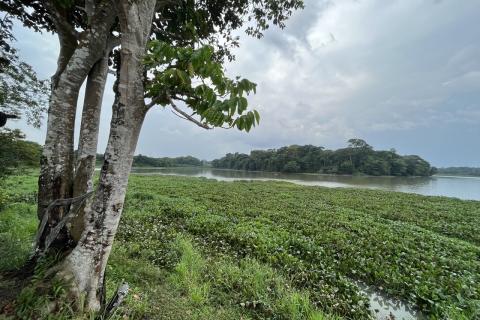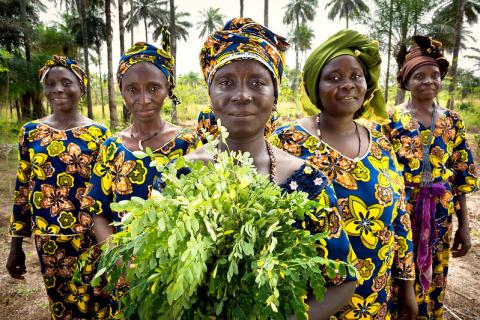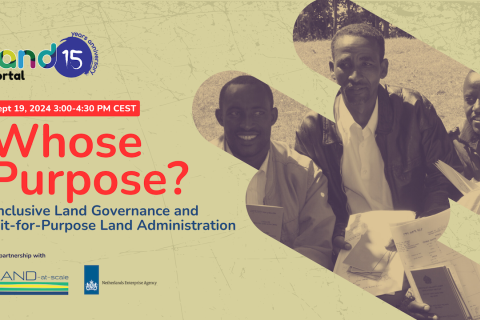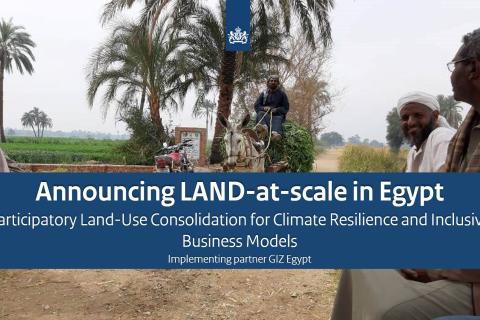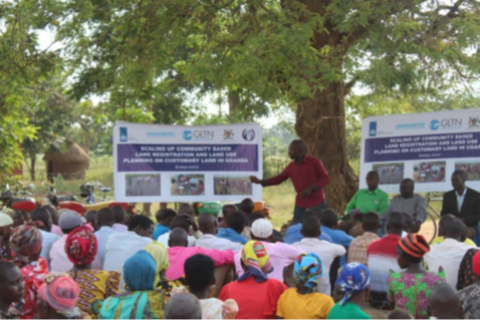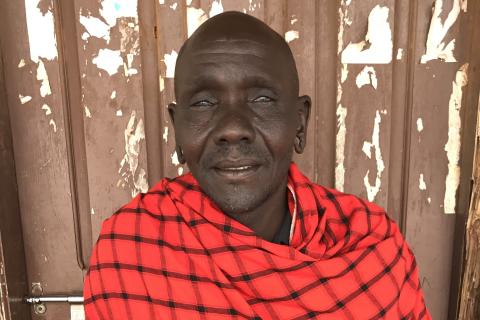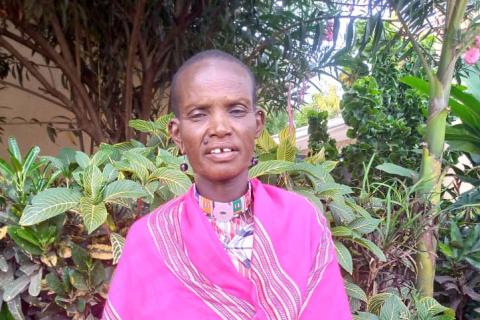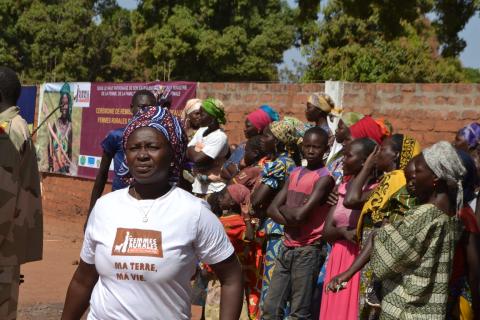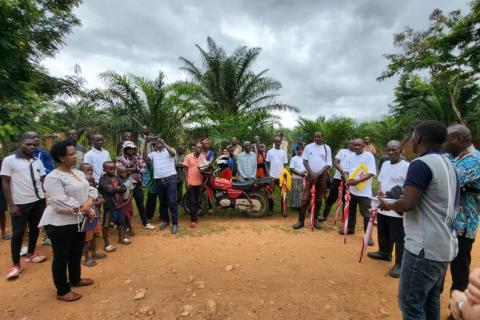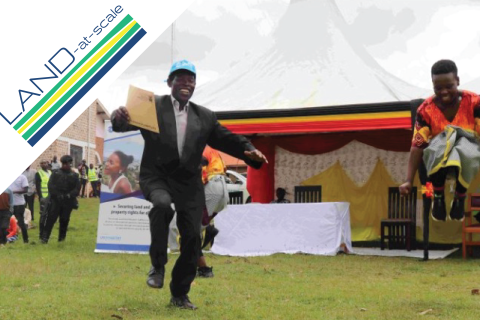Un projet de journalisme met en lumière des solutions aux défis fonciers et environnementaux
Il y a un an, grâce à une bourse LEDE de Réseau de journalisme de solutions (Solutions Journalism Network ) et en collaboration avec le Land Portal, j'ai lancé un projet visant à trouver des histoires de réponses aux dommages causés à la terre et à l'environnement. Pendant cette période, j'ai affirmé que les communautés et les personnes du monde entier travaillent à la protection et à la guérison de l'environnement, même si ces histoires parviennent à peine aux grands médias.

